What is fracking? Term meaning, how it works UK, is it bad, why is it controversial - pros and cons explained
and live on Freeview channel 276
A major energy crisis is set to engulf the UK this winter, with people already struggling to afford the cost of living.
New Prime Minister Liz Truss has vowed to take action, with a plan to freeze energy bills and reintroduce fracking aimed at alleviating the pressure households are under.
Advertisement
Hide AdAdvertisement
Hide AdFracking is a highly controversial process of extracting fossil fuels.
But what exactly is it - and why is it so controversial?
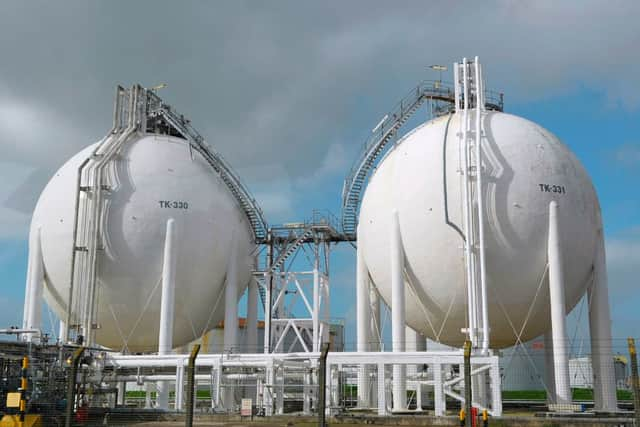

What is fracking?
Fracking, or hydraulic fracturing, is a process that aims to release shale gas or oil - two fossil fuels used to create energy.
It does this by pumping liquid deep underground at high pressure to fracture shale rock.
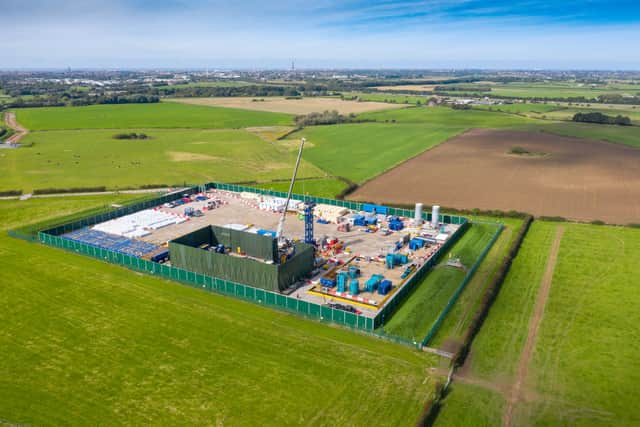

By opening up this rock, the theory is that the gas contained within it is released.
Advertisement
Hide AdAdvertisement
Hide AdAccording to anti-fracking group Frack Off, there are several sites across the UK where fracking is being considered or exploration has taken place.
These include: West Sussex, Surrey, Lancashire, Yorkshire, South Wales, Fife in Scotland and County Fermanagh and County Antrim in Northern Ireland.
Why is fracking controversial?
Fracking in the UK appeared to have been consigned to history as recently as February 2022.
The process was temporarily halted in 2011 after the UK’s only two wells near Blackpool in Lancashire caused minor earthquakes.
Advertisement
Hide AdAdvertisement
Hide AdWhile controls reportedly had been put in place to prevent earthquakes, 120 tremors - including a large one measuring 2.9 on the Richter scale in August 2019 - were recorded during drilling.
These incidents led to an indefinite suspension of fracking in November 2019 and the firm in charge of the two wells - Cuadrilla - was told by the government’s Oil and Gas Authority (OGA) to plug and abandon them in February 2022.
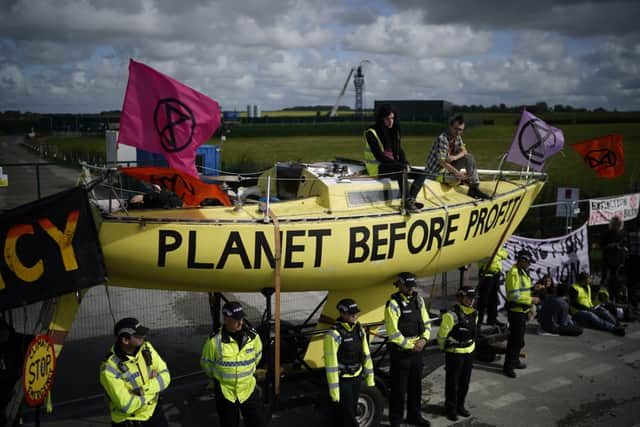

This order was itself suspended in March 2022 after a backlash from Conservative backbench MPs.
Alongside the earthquake risk, fracking appears to be incompatible with the UK’s legal net-zero target - which had only been underlined a few months previously at COP26 in Glasgow.
Advertisement
Hide AdAdvertisement
Hide AdOpponents to fracking have also expressed fears the process could cause water contamination - an issue that has hit communities near fracking sites in the USA - as well as noise and traffic pollution.
And while the process’s proponents claim it could ease the UK’s energy crisis and make the country more self-sufficient, environmental campaign group Greenpeace has argued that it wouldn’t make a difference to households struggling to afford their energy bills.
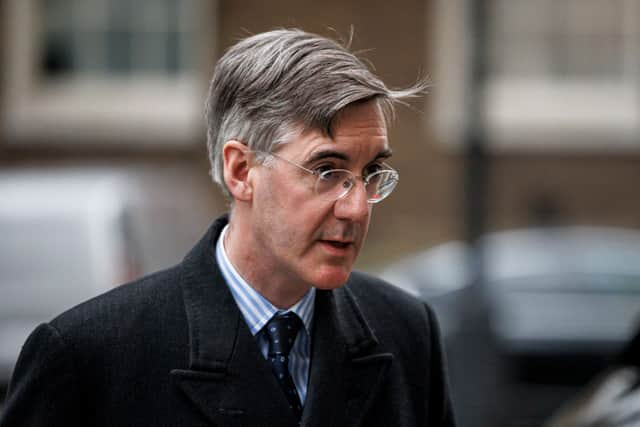

“It will take many years to develop and if it ever gets produced, it will be sold to the highest bidder on the international market, with no impact on our energy bills,” said Greenpeace UK’s head of energy Rosie Rogers in March.
“If the UK and Europe want to end their dependence on Russian gas, the quickest way to do that is by insulating homes, installing heat pumps and boosting renewables.”
Advertisement
Hide AdAdvertisement
Hide AdThe Prime Minister’s official spokesperson had made similar comments to Greenpeace just a month previously, describing shale gas as “not a short-term fix” and “unproven as a resource in the UK”.
Before Boris Johnson left office, he said he was “slightly dubious” fracking would be a “panacea”.
His comments appeared to be aimed at new PM Liz Truss, who has announced a reversal of the fracking ban.
Are there any advantages to fracking?
Fracking has some supporters in the Conservative Party - including prominent Cabinet ministers like Jacob Rees-Mogg and a small group of backbench MPs known as the Conservative Net Zero Scrutiny Group, which routinely argues against green policies.
Advertisement
Hide AdAdvertisement
Hide AdThey argue Cuadrilla’s wells could be back up and running quickly, and believe shale gas could provide significant supplies that would bolster the UK’s self-sufficiency in energy.
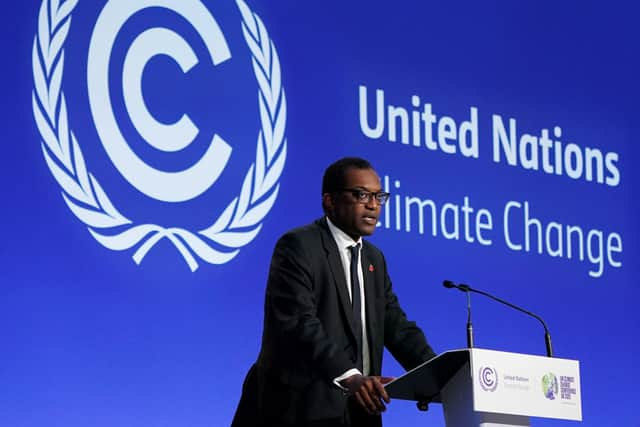

Currently, the UK produces 48% of the gas it uses - importing most of the rest of its needs from Norway.
Cuadrilla itself has argued that accessing “just 10%” of the gas under Lancashire and other parts of Northern England could “provide the UK with 50 years of gas” - although these estimates have been questioned by energy experts.
The business also says fracking could “create 75,000 jobs and deliver on the ‘levelling up agenda’ in Red Wall areas”.
Advertisement
Hide AdAdvertisement
Hide AdThese arguments appear to have swayed the government, which commissioned a review by the British Geological Survey into the latest scientific evidence on fracking in April.
But, in early 2022, then-Business Secretary Kwasi Kwarteng said: “Unless the latest scientific evidence demonstrates that shale gas extraction is safe, sustainable and of minimal disturbance to those living and working nearby, the pause in England will remain in place.”
He also admitted that fracking “would take years of exploration and development” before it could be made commercially available, and “would certainly have no effect on prices” in the short term.
Kwasi Kwarteng is now Chancellor of the Exchequer under Liz Truss.
Comment Guidelines
National World encourages reader discussion on our stories. User feedback, insights and back-and-forth exchanges add a rich layer of context to reporting. Please review our Community Guidelines before commenting.
